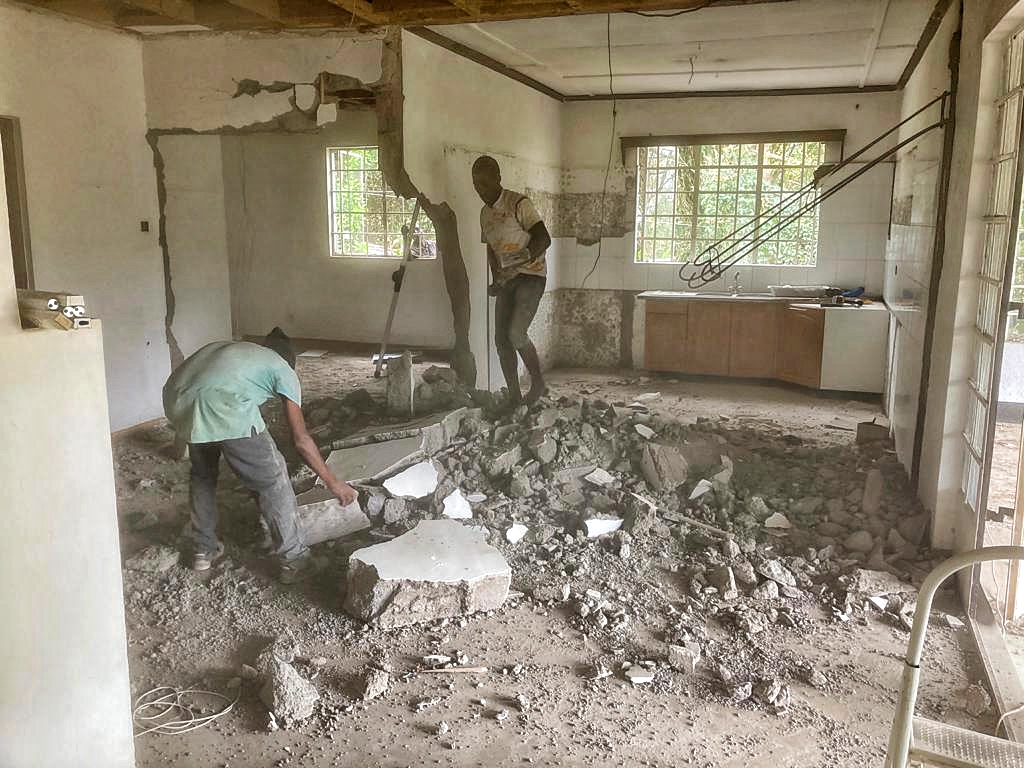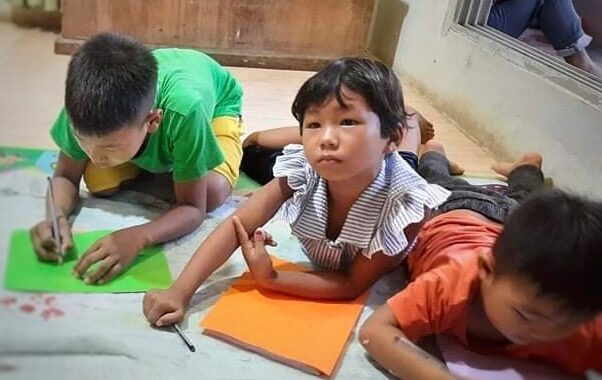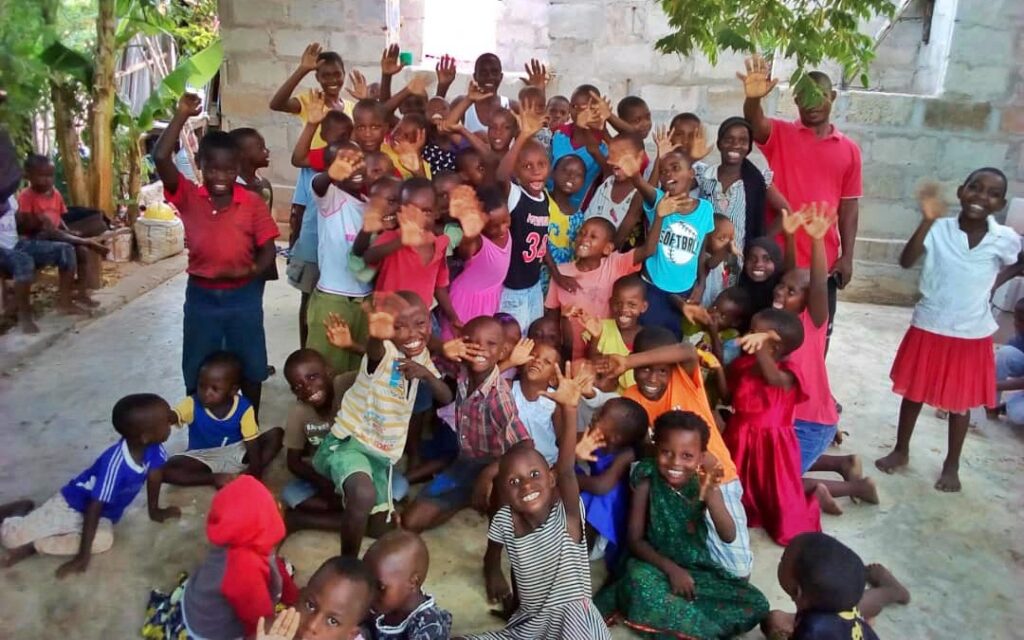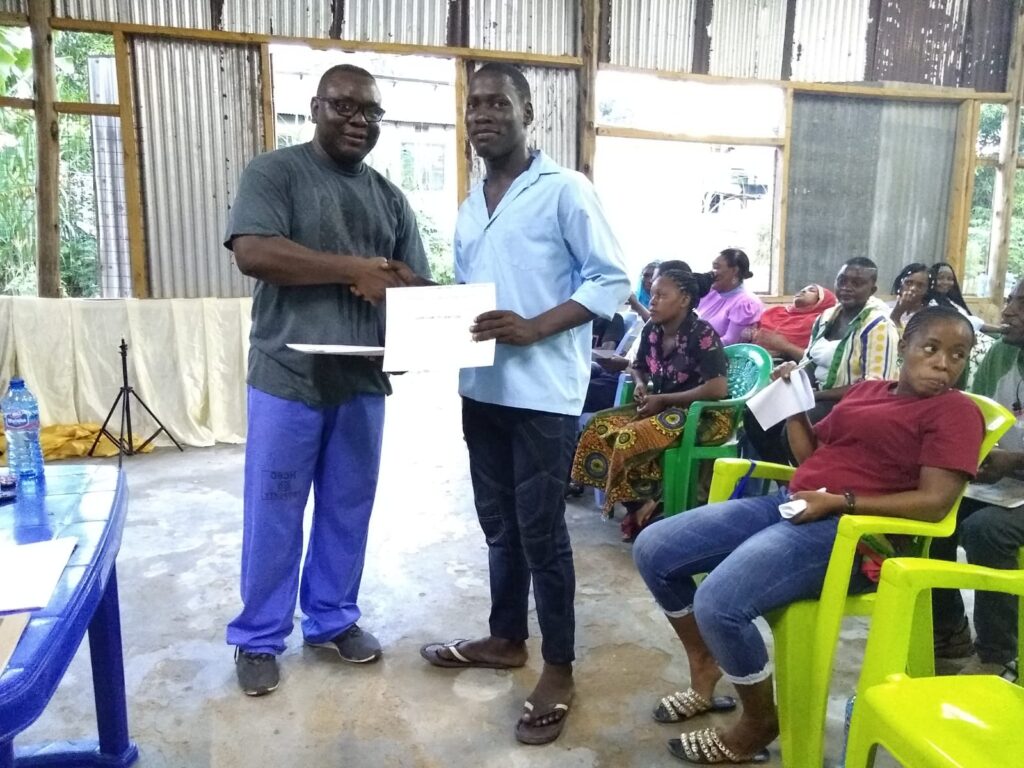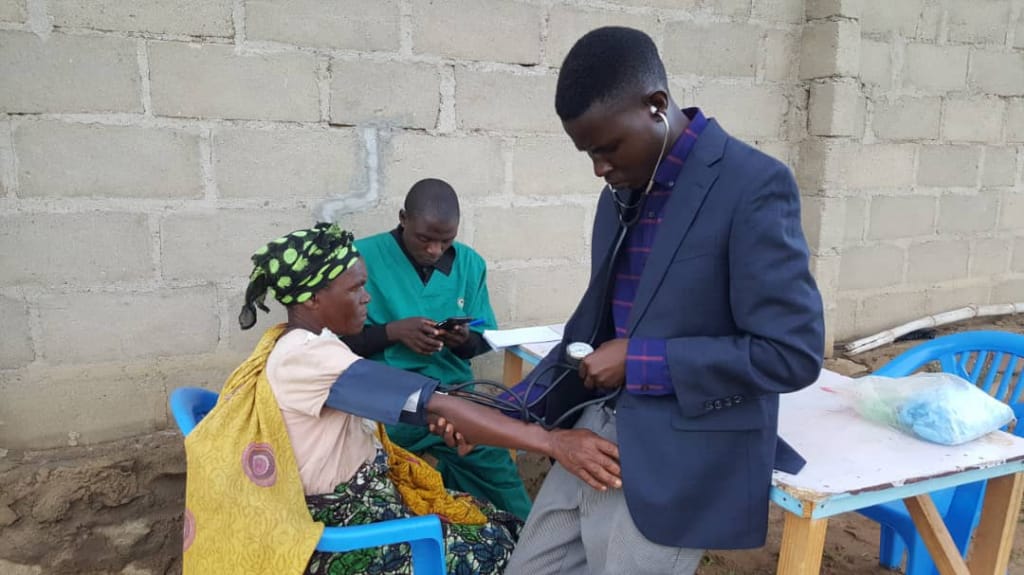The Roger H. Strait Memorial Foundation currently works in Southeast Asia, Africa, the Middle East and the Americas in the education, medical, relief and development sectors. Our core programs include:
Education
The Strait Foundation has created a culturally-adaptable curriculum and facilitates regular, on-site teacher training. These educational programs, led by locals, augment and support the national systems of education through after-school programs and teach the English language. English training is sought out as it can provide opportunities for advancement. For example, in Tanzania grades K-7 are taught in Swahili but high school is taught in a combination of Swahili and English. If students do not have at least a rudimentary understanding of English upon entering the high school level, they cannot understand some of the instruction and struggle, often dropping out. Others do not attempt to go past the 7th grade level. The result of quitting school is that many are locked into lives of poverty and some become vulnerable to trafficking, substance abuse and extremist ideologies. English is also the language of higher education and opens up connection with other streams of society. English facility assists as well in widening the scope of employment opportunities. In Tanzania, locals trained by the Foundation are taking English instruction into the bush villages and partnering with area churches to educate children who otherwise would not have the opportunity to learn English. Pre-schools are also being offered.
In some world areas due to health concerns and/or political disruptions, some schools have been closed for up to two years leaving students behind their world peers. The Foundation curriculum attempts to fill some of that gap. Some Foundation programs remain closed due to the pandemic and local disturbances.
The curriculum is also being used by refugee children in their areas of displacement.
Medical
Many people in third world regions have little or no access to medical care. Even in countries with functioning health care systems, emergency medical assistance is completely unavailable outside of a hospital or clinic setting. The Strait Foundation targets these needs through mobile and community based outreaches in rural and under-served areas and through training emergency medical service teams.
The Emergency Medical Services (EMS) project responds to the need for emergency care when and where it is needed the most. Recruiting young and energetic volunteers, the Foundation takes EMS providers through the equivalent of a US based EMT-I training program. Each provider receives approximately 36 hours of classroom training and several days of field instruction in classroom and mobile clinic settings.
The medical work of the Foundation also focuses on the development of community-based and mobile health outreaches. Teams of local and international medical workers provide basic medical support and prayer to those in under-served rural areas who cannot otherwise access or afford care.
In addition, during the pandemic, teams in Tanzania have been educating the public regarding Covid protocols and best safety measures.
Houses of Shelter/ Refugee Assistance
This time in history finds many nations in conflict which has resulted in a crisis of refugee/displaced peoples. The Strait Foundation is actively involved in providing shelter and safe conditions to displaced peoples in several areas of the world. The Foundation aids displaced peoples by helping them obtain employment, educational opportunities and healthcare.

Construction/Development
The Strait Foundation is also involved in construction projects which provided housing, work and training for national and international personnel; including sending US based craftsmen to overseas locations to assist in specific projects.
